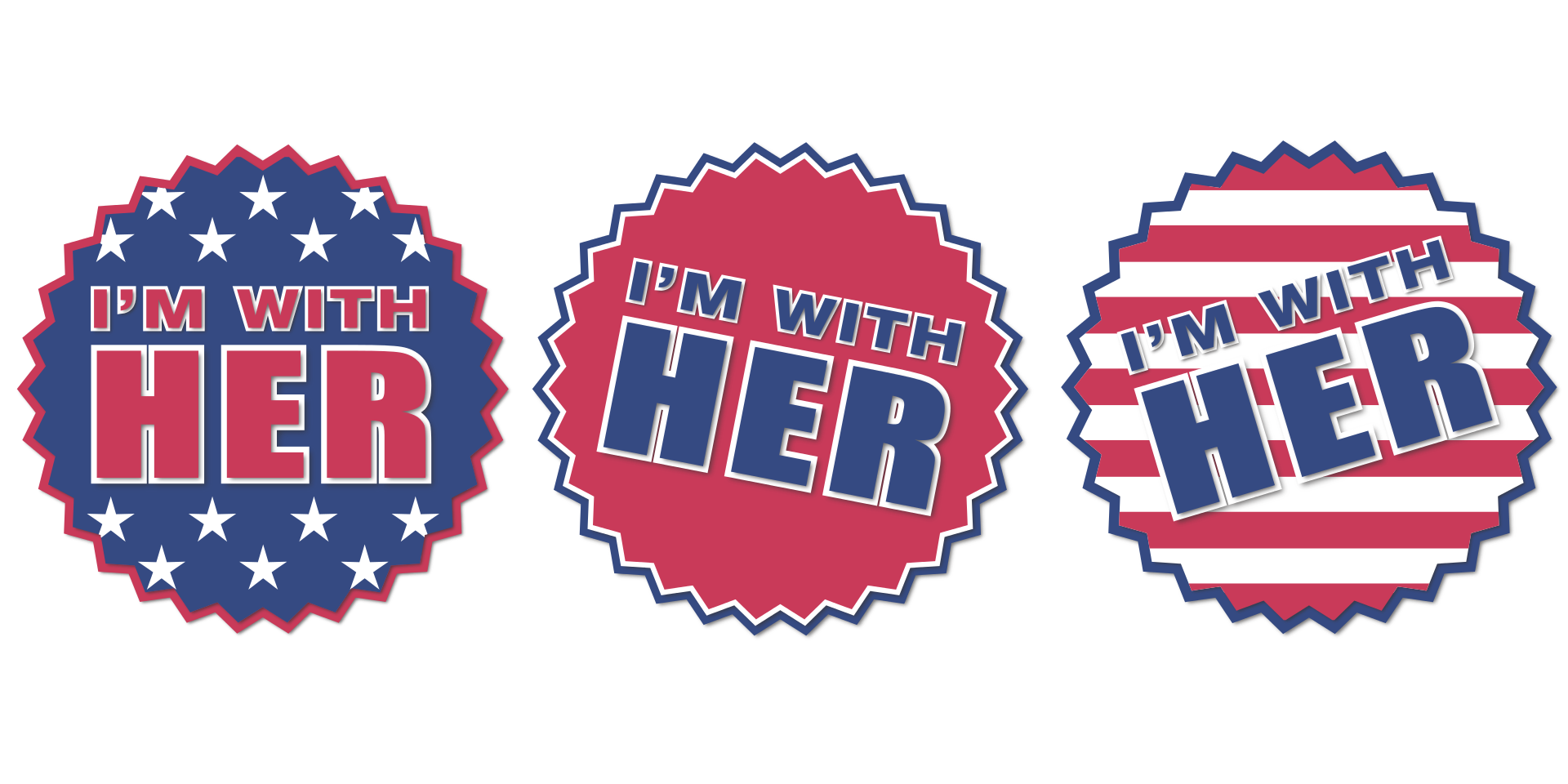“It’d be amazing to have a woman as a president, especially following our first black president. Hillary Clinton can represent possibility.”
No woman in history has ever come as close to being the “leader of the free world” than Hillary Clinton. And if the Democratic nominee has her way, this November she may just smash that “highest, hardest glass ceiling” and become the first female President of the United States.
On the surface, this appears to make Clinton the ultimate feminist icon – and to many older voters she is. But, surprisingly, Clinton has failed to inspire the younger generation of feminists in her vision of making history.
Much has been made of Clinton’s inability to connect with the young – and the statistics speak for themselves. In the New Hampshire primary, for example, an astonishing 82% of women under the age of 30 voted for Clinton’s rival Bernie Sanders.
Many young voters have not lived through the sexism that women in politics faced less than thirty years ago, exemplified by 1984 Democratic Vice Presidential nominee Geraldine Ferraro’s experience on the campaign trail.
But now that Sanders has conceded defeat, will young feminists be inspired by, and help Clinton to the White House? The IPF spoke to a few feminists to find out.
Anyone over Trump
Kendra is a 29-year-old research analyst. Although she voted for Sanders in the preliminaries, she now believes the only choice is to get Clinton in to the White House. She said that while Clinton isn’t her ideal candidate, she will vote for her because “Trump cannot be President”.
“’Taking a stand by writing on your ballot, voting for a third party candidate, or just not voting at all is harmful in America’s version of ‘democracy‘ and would just make it more plausible that Trump wins the election.”
This is reflected by Logan, a 31-year-old editor and translator from Washington, who will be voting for Hillary: “I would have preferred Bernie but I would vote for almost anyone before Trump.”
For Annie, a 30-year-old teacher from Michigan, currently living in New York, Clinton isn’t the first choice either: “In an ideal world, my candidate would not be Hillary Clinton but in the system we have, I’m proud to vote for her.”
This view was reflected by every person I spoke to. Anna, a 23-year-old student from Fairfield, Connecticut, said: “Clinton is the lesser of two evils because when Trump is the alternative, Clinton is a progressive”.

Many appear to be voting for Hillary Clinton because the idea of voting for Donald Trump is unthinkable. [Image credit: Pixabay]
Clinton: Picking up where Obama left off
Despite Clinton not being first choice for Annie, she believes she is the only candidate standing on a pro-woman platform.
“Here’s what I believe Clinton will fight for: my ability to have bodily autonomy, not just as a woman, but as a queer woman.”
Annie went on to cite continued health care reform, gun reform and tax reform as areas where Clinton will “continue where Obama left off”.
“I am happy to vote for her because she’s a woman, not because I would vote for any woman, but for a woman who aligns with many of my political beliefs,” she explained. “She had to work at least twice as hard to achieve all she’s managed to achieve […] I agree generally with her on her stances on women’s rights, LGBTQ+ rights, parts of the platform that actually affect me directly.”
Hayley, a 22-year-old graduate living in Berkeley, California, added: “We have to move forward and look towards the future and imagine the good she could do for the country […] It would be fabulous to finally have a female president.” And while Clinton isn’t a saint, “she believes in equality of the sexes”.

Young feminists have been questioning whether Clinton will stand up for their rights as women. [Image credit: Pixabay]
Feminism for all?
But how effectively has Hillary represented all women in the US?
According to Kendra, her intentions are well-meaning, however, the reality appears to be a different one.
“I think ‘at heart’ she intends to have the interests of all women, but in practice she’s mostly speaking to white women. She has to become mindful of intersectionality, otherwise she’s just helping women who are already ahead.”
Anna agreed: “I think Clinton is definitely a certain kind of feminist that deserves recognition and appreciation, despite it being relatively exclusive and a sort of feminism for the privileged, white woman.”
Annie also questioned whether Clinton is able to account for women of all backgrounds and minorities.
She asked: “Does she account for women of colour? Does she account for all queer, umbrella-ed women, including transgender women? Does she account for poor women? The issues surrounding feminism are so vast and so interconnected with other issues, but I can’t know until she gets in to office.”
Hayley is more cynical, noting that she doesn’t consider Clinton to be a good role model: “I think she has anyone’s interests at heart if it will get her elected.”
The idea of electing the first female President invoked pride in all the feminists I spoke to. One said:
“It’d be amazing to have a woman as a president, especially following our first black president. She can represent possibility.”

